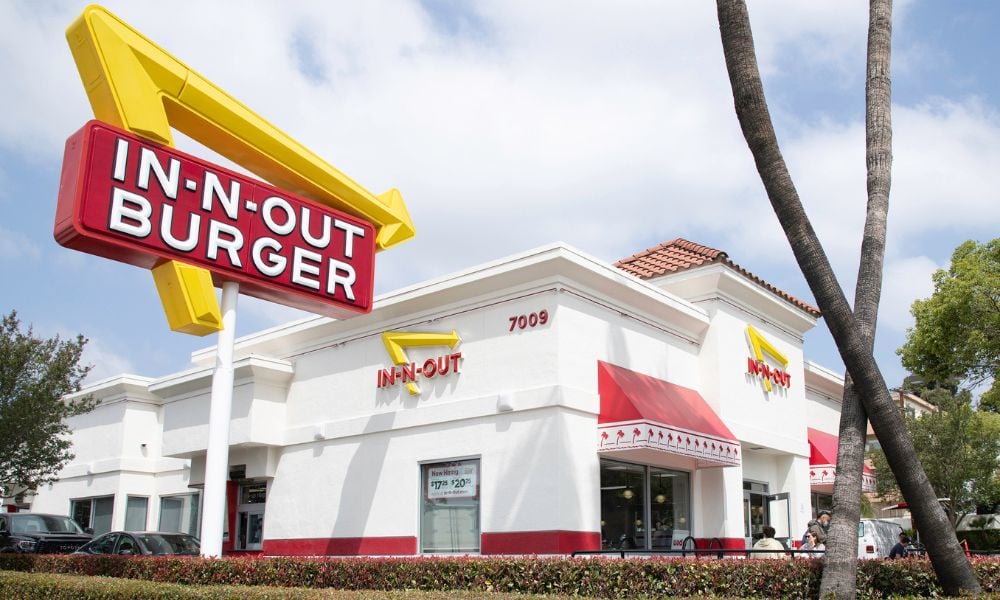
Fast food chain wins partial appeals court victory but possibility remains of collective PAGA claims

The California Court of Appeal partly granted a motion to compel arbitration filed by In-N-Out Burgers in connection with lawsuits alleging that it required employees to purchase, wear, and maintain specific clothing articles without reimbursing them for such expenses.
Tom Piplack and Donovan Sherrod – the plaintiffs in the case of Piplack et al. v. In-N-Out Burgers – were former employees of In-N-Out. They signed arbitration agreements with In-N-Out, which required them to pursue any employment-related claims through arbitration under the Federal Arbitration Act.
The arbitration agreements had a waiver that prevented those signing from bringing a private attorney general action. This waiver was severable in certain circumstances.
In late 2019, the plaintiffs sued In-N-Out. They asked for penalties under the Private Attorneys General Act of 2004 (PAGA) on behalf of themselves and other similarly affected employees. They claimed that In-N-Out required employees to buy and wear certain articles of clothing and to buy and use special cleaning products to maintain these clothes, all without reimbursement.
Read more: Court rejects restaurant's explanation for diner's slip-and-fall injury
In February 2022, In-N-Out filed a motion to compel arbitration. It cited the U.S. Supreme Court’s decision in Viking River Cruises, Inc. v. Moriana (2022), which required arbitration of the individual PAGA claims and the dismissal of all remaining representative claims based on the plaintiffs’ lack of standing to file them.
The Supreme Court rendered the Viking River decision while In-N-Out’s appeal was pending before the California Court of Appeal. That was why there was a delay in filing a motion for arbitration, In-N-Out explained.
In response to the motion, Sherrod argued that the court could not compel the arbitration of his individual claim because he entered the arbitration agreement before he was 18 years old and disaffirmed the agreement after turning 18.
The trial court denied In-N-Out’s motion to compel arbitration. This prompted In-N-Out to appeal.
The California Court of Appeal for the Fourth District, Third Division agreed with some parts of the trial court’s decision and disagreed with other parts.
In Sherrod’s case, the appellate court returned the matter to the trial court so that it could address his arguments about his act of disaffirming the arbitration agreement upon turning 18. The trial court did not properly tackle these arguments, the appellate court said.
As for Piplack’s case, the appellate court said that the trial court should compel the arbitration of his individual PAGA claims. The appellate court agreed with In-N-Out that his individual PAGA claims were subject to arbitration in line with the agreement that he signed. In-N-Out did not waive its right to compel arbitration, the appellate court added.
Next, the appellate court ruled that it could not compel arbitration of the plaintiffs’ representative PAGA claims. The plaintiffs had the standing to pursue representative PAGA claims in court even if their individual PAGA claims were subject to arbitration, the appellate court said.
The appellate court found a conflict between the decisions in Viking River and in Kim v. Reins International California, Inc. (2020). It decided to follow the Kim ruling, which recognized only two requirements for standing under PAGA. First, the one filing the claim should be an employee of the alleged violator. Second, the employer should have committed at least one alleged violation against the one filing the claim.
Subjecting the individual component of a PAGA claim to arbitration would affect neither of the two requirements in the Kim decision, the appellate court noted.